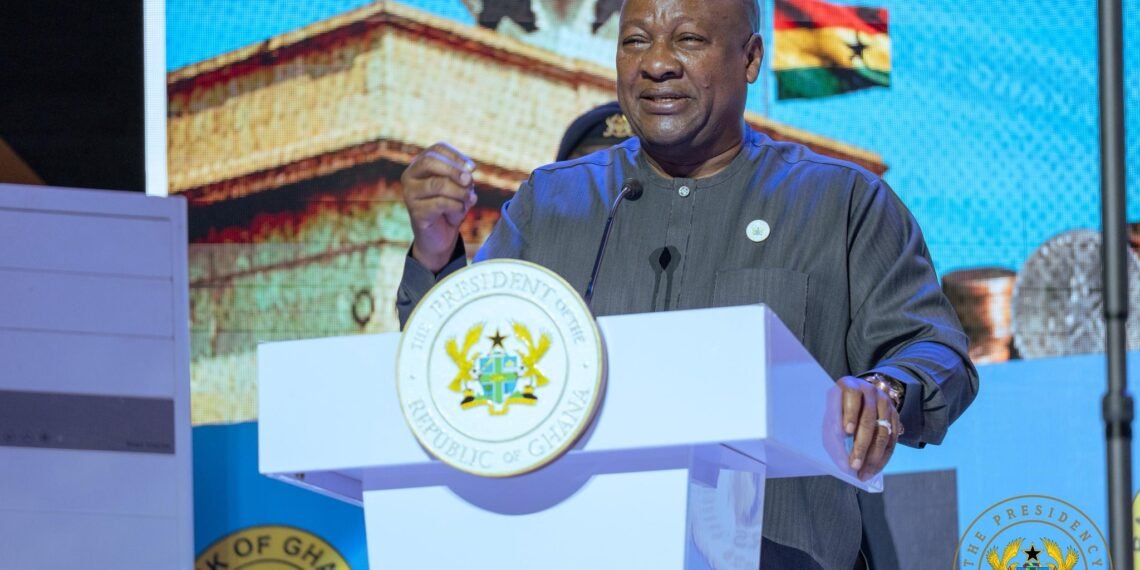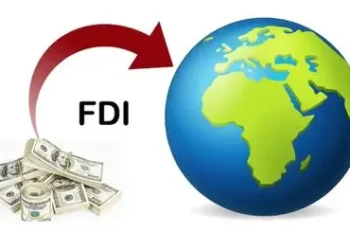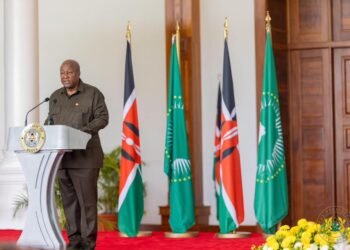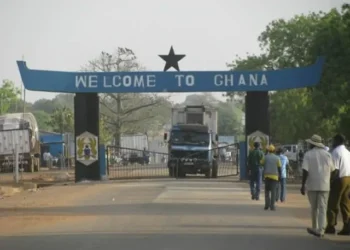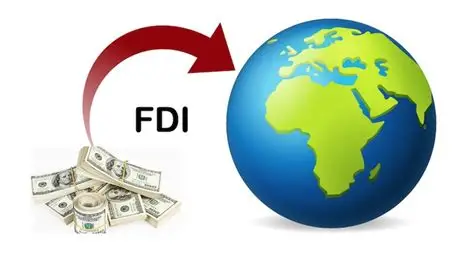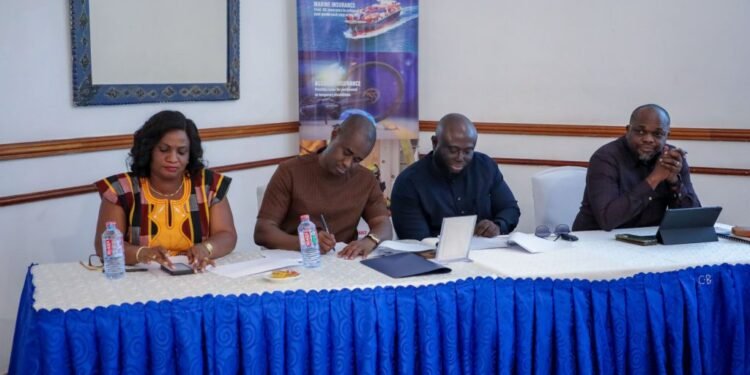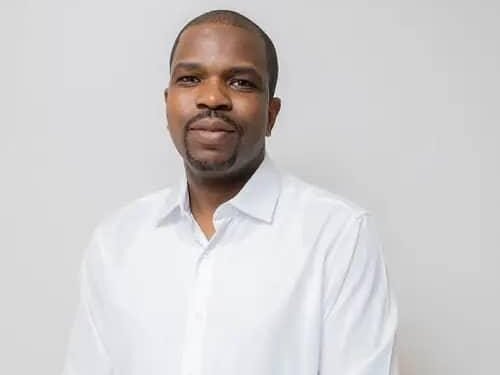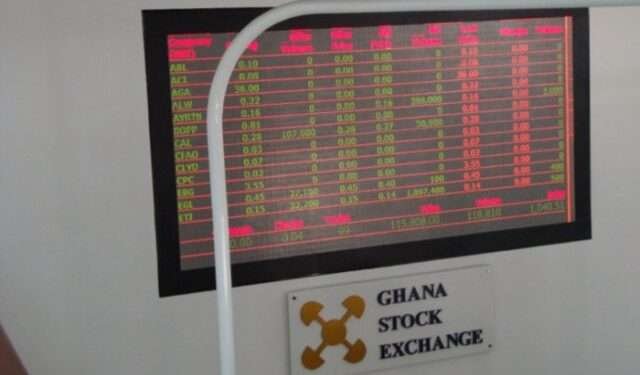President John Dramani Mahama has praised the efforts of the Governor of the Bank of Ghana, Dr. Johnson Asiamah, and the Finance Minister, Dr. Cassiel Ato Forson, for their role in stabilizing the Ghanaian cedi.
Speaking at the Cedi @60 Currency International Conference at the Accra International Conference Centre, President Mahama expressed his gratitude for the work done by the Bank of Ghana and the Finance Ministry. The President recounted a personal experience that highlighted the progress made in stabilizing the cedi.
“A relative of mine was going to buy a car and asked for an invoice from the car dealers, and when the invoice came and he showed it to me, I was surprised to note that the invoice was quoted in cedis and not dollars.
“A few years ago, if you were going to buy a car, the invoice they would give was always in dollars, but today people are quoting in cedi. Now, even house rent, they have started quoting in cedis and urging tenants to pay them in cedis.”
President John Dramani Mahama
President Mahama attributed the stability of the cedi to the diligent management of the currency by the Bank of Ghana and the Finance Ministry.
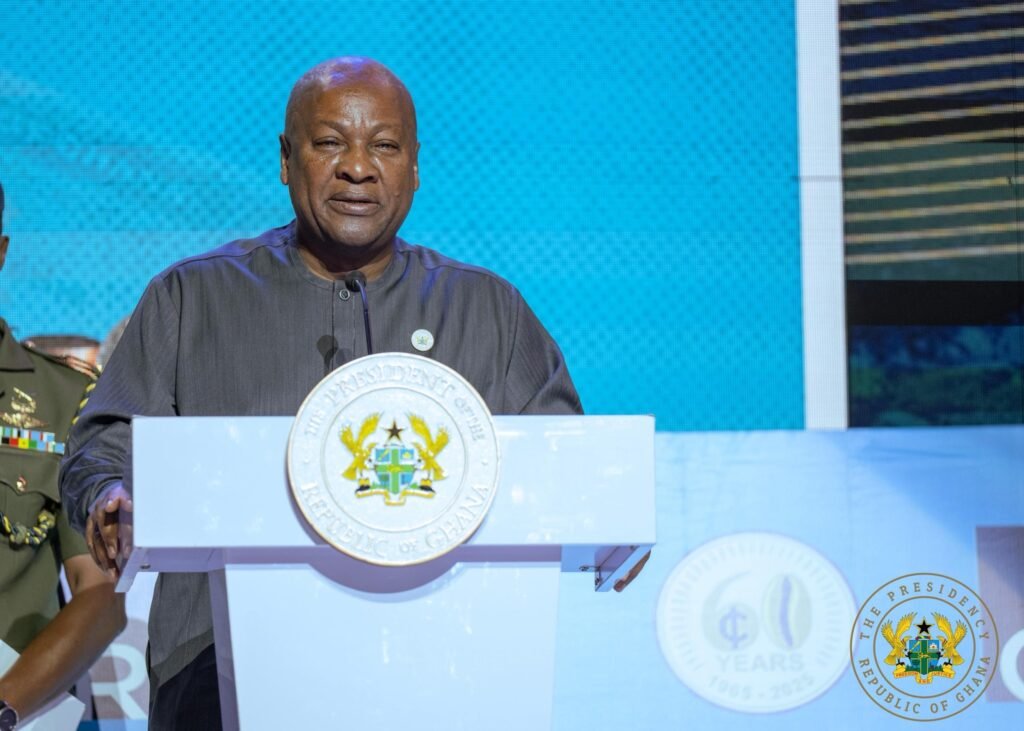
He expressed his appreciation to the Governor, Dr. Johnson Asiamah, and his two Deputies and the entire team at the Bank of Ghana, together with the Finance Minister, Dr. Cassiel Ato Forson, and his team at the Finance Ministry, for their good work to stabilize the cedi.
“Ghanaians are truly grateful for the diligent management of our currency.” The President expressed his confidence in the continued stability of the cedi, urging the authorities to keep up their good work.
“I think that a lot of respect has returned to the Cedi, and it is my hope that you keep whatever you are doing to make sure we don’t have excess liquidity and all the other technical jargon you use. Whatever you are doing, keep doing it so that the cedi is respected.”
President John Dramani Mahama
Cedi’s Stability
The Ghanaian cedi has indeed made significant progress in recent times, appreciating by about 30% compared to the US dollar so far this year. The cedi opened the year trading at ₵14.70 to the dollar, weakened slightly to ₵15.50 by February, and then held steady through April.
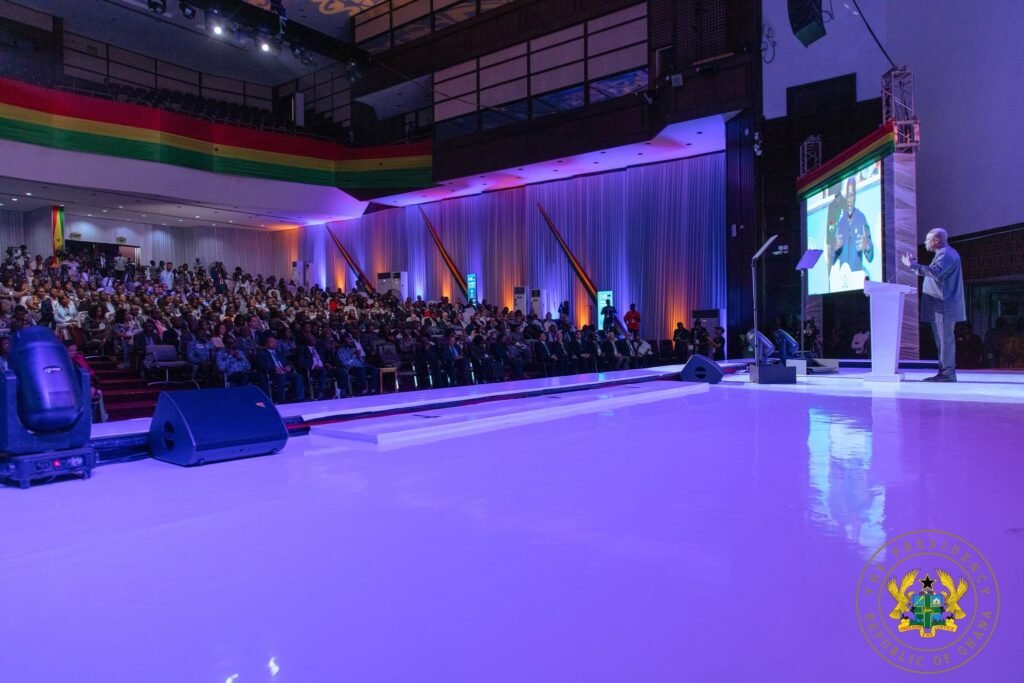
It then strengthened sharply to ₵10.30 between April and May, defying nearly all expectations. Currently, it is trading at GHS 10.9 to the dollar, compared to GHS 16.036 to the dollar at the same time last year.
Over the past week, the value of the Ghanaian cedi has remained relatively stable, with a -0.521% decrease compared to its value 7 days ago.
The stability of the cedi has been one of the longest periods of stability in a decade, and it is a testament to the efforts of the Bank of Ghana and the Finance Ministry. The stability of the Ghanaian cedi is a significant achievement, and it reflects the country’s progress in managing its economy.
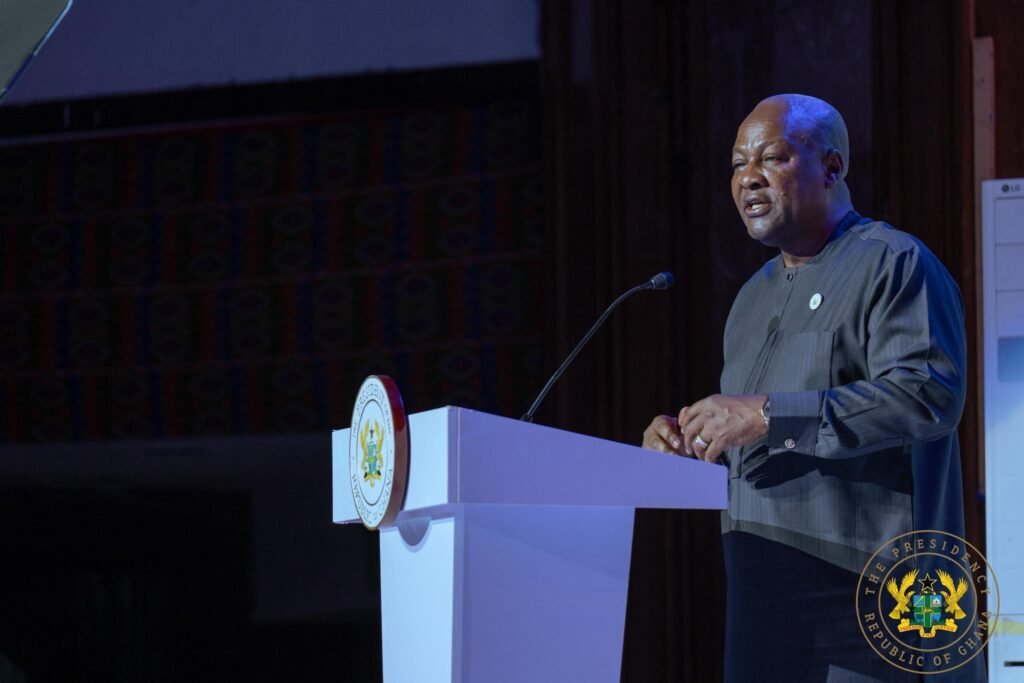
The efforts of the Bank of Ghana and the Finance Ministry have helped to restore confidence in the currency, and it is now being quoted in local transactions, including car sales and house rent.
The cedi’s appreciation is a positive sign for Ghana’s economy, and it is expected to boost investor confidence and stimulate economic growth. As President Mahama noted, it is essential to continue the good work of managing the currency to ensure that the cedi remains stable and respected.
The Cedi @60 Currency International Conference, which brought together policymakers, economists, financial sector leaders, and international experts, was dedicated to reflecting on six decades of the cedi’s evolution and examining strategies to strengthen its role in an increasingly complex global financial environment.
President Mahama’s public commendation of the economic managers marks a notable moment of acknowledgment of progress in an area that is often politically contentious. His remarks also underscore the expectation that the stability achieved so far must be fortified through consistency, coordination, and vigilance across both the fiscal and monetary fronts
READ ALSO: COP30 in Belém Expected to Deliver a Defining “Belém Package” – Cedric Dzelu

